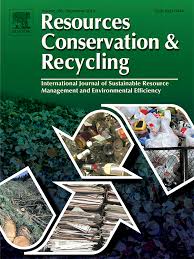
| Tipo de publicación | Articulo |
|---|---|
| Año de publicación | 2014 |
| Autor(es) | Estrada-Ayuba, J. & Kahhat, R. |
| Número de páginas | 13 |
Currently, around the globe, environmental and social problems derive from the inappropriate recycling of electronic products. Moreover, improper recycling is not the only issue to address in electronic products. Others include: energy intensity in their manufacture, employment generation related to the international trade in used electronics, and access to technology by low-income communities. Nevertheless, policies and controls created to provide socially and environmentally sound management of used electronics do not match the complexity of the system. In order to understand the e-waste system, particularly used computers, as a whole, a field study was done between 2010 and 2011 in ten Mexican cities. Ninety-five diverse stakeholders were interviewed to uncover factors regarding the decision to waste or trade still-usable computers. Structured analysis was used to create Data Flow Diagrams (DFDs) to describe the critical parts of the system. The results show that perceived value and geographical location determine the rate in which computers are disposed and the opportunities to waste or trade them, including the trade of their materials. Among businesses and other organizations, legislation has a stronger effect. Technological change is another important factor, largely driving the change in materials and new products. Designing policies responding to this diversity may prevent unforeseen problems and stimulate solutions.